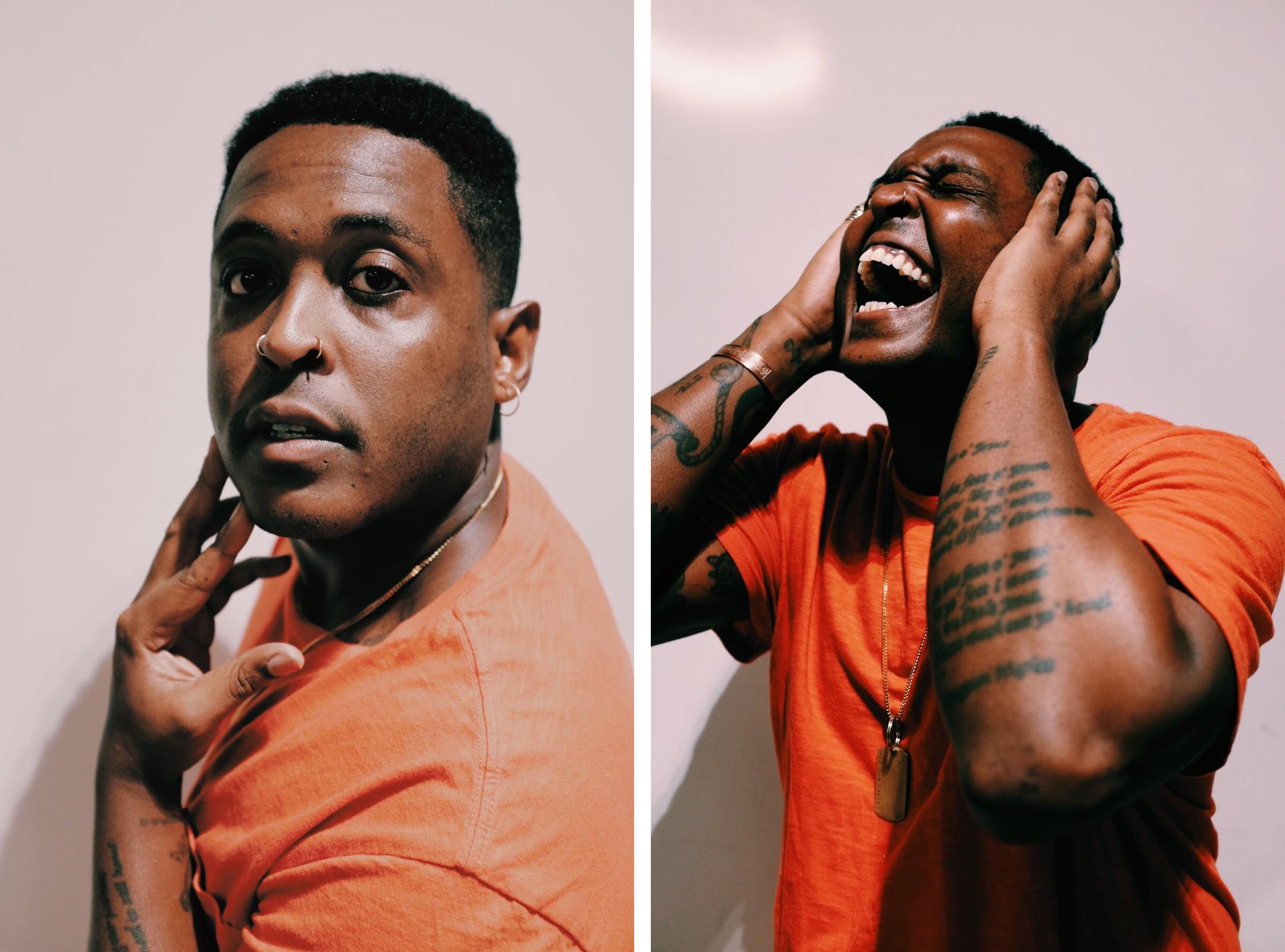
“Poetry is one of the ways in which I have learned to do something with myself,” Danez Smith told me over the phone. While confronting points of entry and strained gestures at inclusion, Smith masters the contradiction of making a book that is for everyone by quite simply centering and preserving blackness. They would tell us—in the front pages of their latest collection and as the pinned tweet on their Twitter profile—that the actual title of their latest collection, Homie (2020), is my nig. This maneuver makes it clear that Smith’s poetry speaks to all of us, while also speaking just to some of us. Through the eyes of Danez Smith, readers have been fortunate to consistently reunite with our rotating speaker—a queer black voice, a person living with HIV who carries their black body as a fortress and as an illuminating compass. One that believes in truth and sex, blood and shadows, joy and—more specifically—black joy. As the book’s titular poem reads:
there is already so much trying to end us so let
it not include our hands today, let us not be dead
As a St. Paul resident, Smith’s mainstream emergence was concurrent with the brief sweet spot in 2015 at the end of Obama’s two terms and the beginning of the Trump disaster; between what some have called a reckoning. While not intended to be a series, Homie delivers a culminating shift, at the tail end of their last two award winning collections, [insert] boy (2014) and Don’t Call Us Dead (2017). As Smith describes, these books “talk to each other” by holding tightly to the parts of ourselves that cannot be taken away from us—culture, desire, and friendship. In a hometown profile for the Minnesota City Pages, Smith surmises that each book is, “thinking through mortality in some way and thinking through intimacy.” This space is precisely where I found myself when I first engaged with Smith’s poetry; after avoiding the news and turning to poetry, the Rustbelt 2014 video for “dear white America” emerged, nursing my grief with nothing other than Spirit:
i can’t stand your ground. i am sick of calling your recklessness the law. each night, I count my brothers. & in the morning when some do not survive to be counted i count the holes they leave
-Danez Smith
When we spoke, Smith was patient with my sore throat and East Coast timing. All their answers were gracious and contemplative; all their laughter was welcoming, leaving me bashful and hoping to match the rigor of their insights. You get the sense that they may never stop moving, that they will always live, or rather be living.
Smith’s first book, [insert] boy, was published very soon after the emergence of the “dear white America” video, followed by Don’t Call Us Dead, which have collectively earned Smith numerous honors and awards, namely the Lambda Literary Award for Gay Poetry and a fellowship from the National Endowment for the Arts. Homie arrives with glowing reviews and ample anticipation to an audience primed for fresh air. This collection explores an abundance of friendship and the complex beauty of facing life in its brokenness and rare, significant capacity for love.
Don’t Call us Dead, which Smith described as “really hard” to write, carried the weight and shock of their HIV diagnoses. It is in those pages where Smith is grappling with their own life, while also bearing witness to the abandoned spirits of they’ve lost. In “it won’t be the bullet,” they write:
i’m not the kind of black man who dies on the news. i’m the kind who grows thinner & thinner & thinner until light outweighs us, & we become it, family gathered around my barely body telling me to go toward myself.
-Danez Smith
Some of the terror and questioning of mortality are answered in Homie, in body and ongoing-ness. In the face of grief, Smith is grateful for their access to medication and money, reflecting that “I might not die. I may be able to survive.” They told me, “Homie is very much about the strengths of living with HIV,” as it is also about, “locating the love in the violence.” Readers may find this to be a radical sentiment, one nurtured in the poem, jumped! where Smith explores violence, particularly found in boyhood, played out between children growing into adults. Here we join the speaker in looking directly into the precarity of youthful intimacy:
but what could be safer than a circle of boys too afraid to kill you to kill you?
– Danez Smith
The question of what’s next for Smith brought us to a different medium entirely. “Theater,” says Smith, “is my first love.” They count August Wilson and Tarell Alvin McCraney—both poets and playwrights—as inspiration. Though unsurprisingly they will always write poems. Smith finds themself more interested in the craft of poetry, an exploration which has them focused on “what a poem can do,” in particular, poems that are “thinking about themselves, less about what they are about and more about what they are doing.” As the story continues to unfold in a system that will persistently fail us, readers know that we won’t need to wait too long for the balm of Smith’s power, especially when the living isn’t easy.

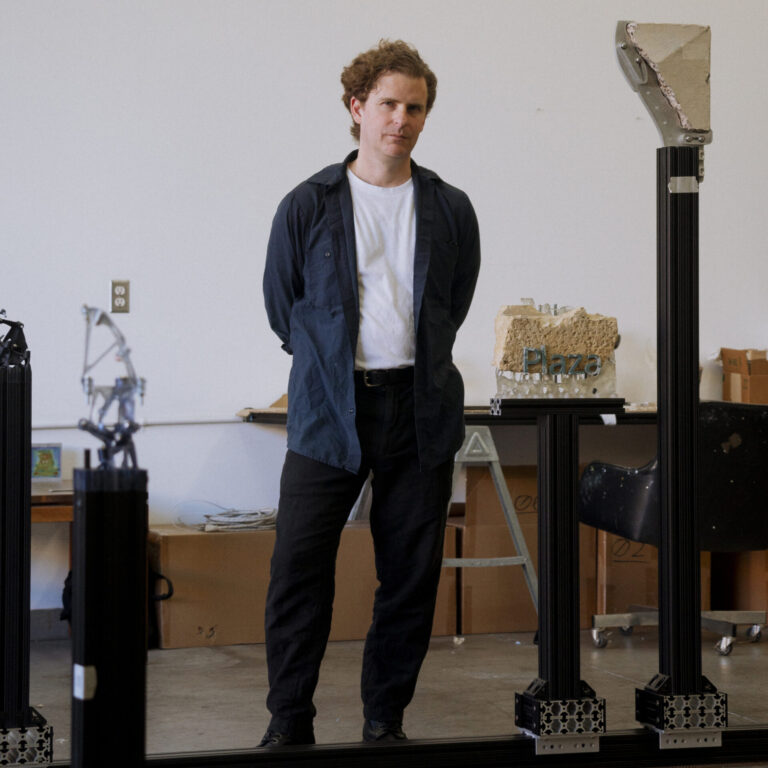
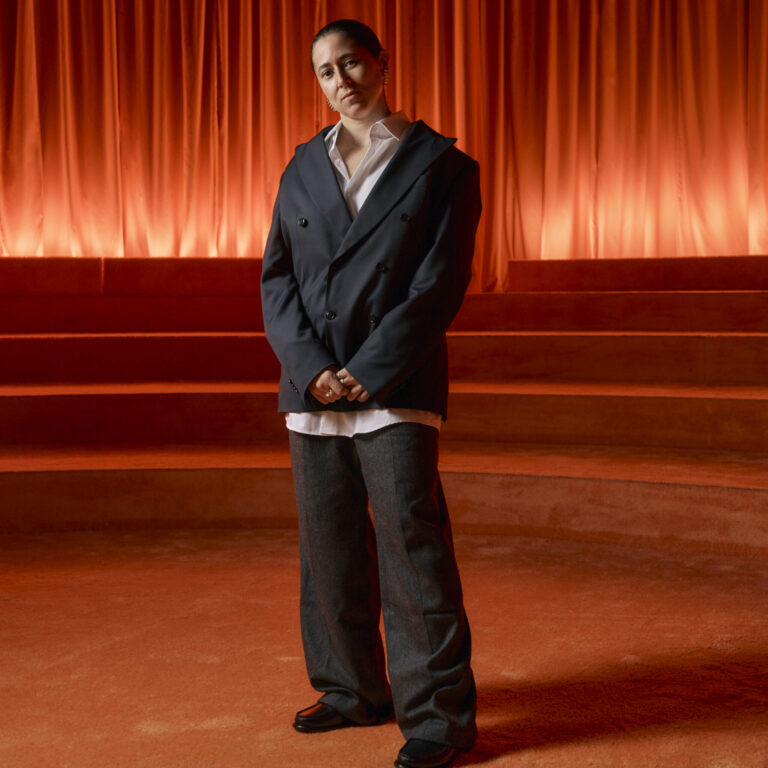
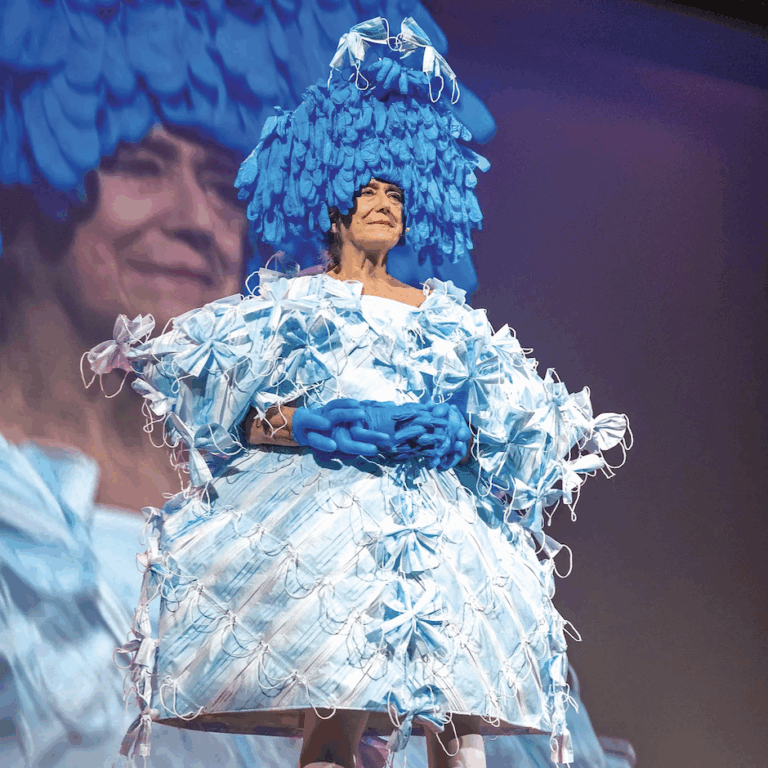
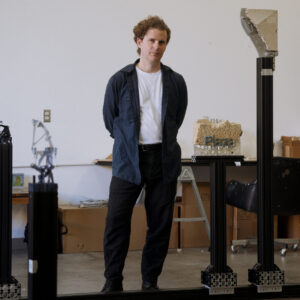
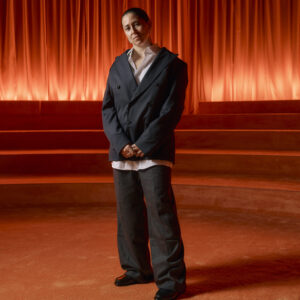
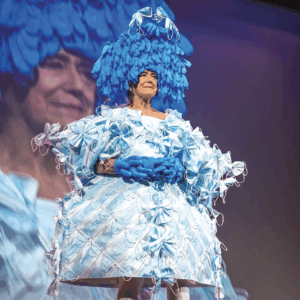



 in your life?
in your life?

